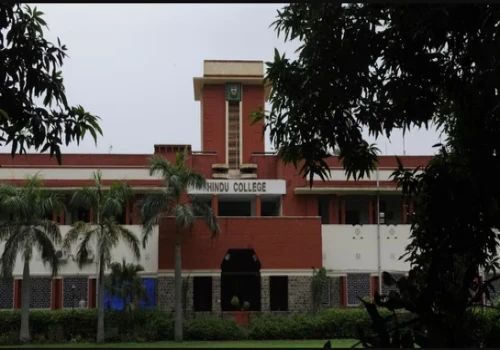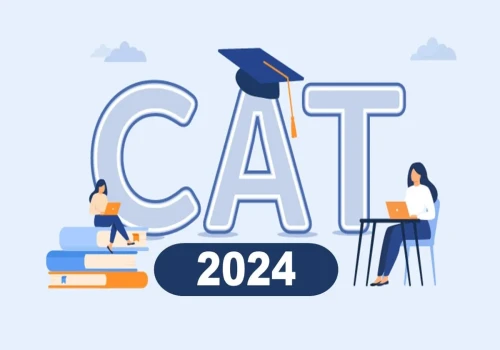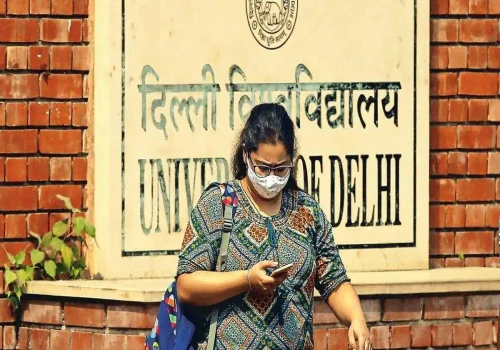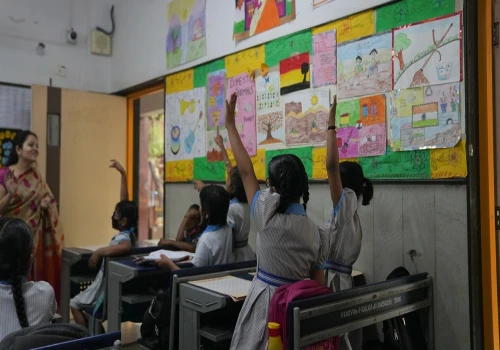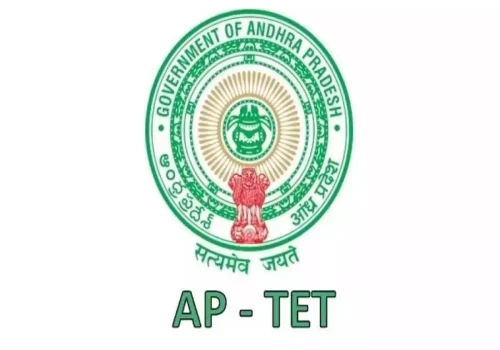
Overview of the Change
Canada announced that it will no longer offer the Student Direct Stream (SDS) and Nigeria Student Express (NSE) programs. These programs were created to fast-track study permit applications for international students from specific countries, including India. This change will affect many Indian students who have benefited from the quicker processing times through the SDS initiative, which began in 2018.
Impact on Indian Students
For the past six years, Indian students have been the primary beneficiaries of the SDS, a program designed to make the study permit process faster. Under SDS, students from India, as well as countries like China, Pakistan, and the Philippines, could apply for study permits and get them processed more quickly if they met certain requirements. One of these requirements was providing proof of funds through a Guaranteed Investment Certificate (GIC).
With the ending of SDS, Indian students will now have to apply through the regular study permit system, which is likely to take longer. The eligibility criteria for study permits remain unchanged, but without the fast-track system, students may have to wait more time for their applications to be processed.
Reason Behind the Change
Canadian immigration officials explained that the termination of SDS and NSE is meant to "strengthen program integrity." They want to ensure that all international students, no matter where they are from, have equal and fair access to the study permit application process. The Canadian government has made it clear that, while the programs are ending, they remain committed to welcoming international students. However, they also want to address concerns about student vulnerability and improve the overall academic experience for all.
What Happens to Applications Already Submitted?
For Indian students who submitted their applications before the 2 pm ET deadline on November 8, 2024, their applications will still be processed through the SDS. This means they will continue to benefit from the faster processing times. However, students who submit their applications after the deadline will not be able to use the SDS program and will have to go through the regular process, which might take longer.
Students are encouraged to keep an eye on their application status, as this change could affect the timeline for their study permits.
Broader Impact on Indian Students
India has been one of the largest sources of international students in Canada, with over 100,000 students from India enrolled in Canadian institutions. The end of SDS and NSE could affect how many Indian students apply for study permits, how long they have to wait for processing, and their overall experience when applying to study in Canada.
While the regular study permit process is still available to all students, the removal of the fast-track option might lead some Indian students to consider studying in other countries. Some may even reconsider their plans to study abroad.
Transition Period and New Application Process
Officials have assured students that the change will not impact their eligibility to apply for a study permit. Students from India and other affected countries will still be required to meet Canada’s regular study permit requirements, but the processing time may now be longer. Canada’s immigration system aims to be fair and equal for all students, and this change is part of their efforts to maintain that fairness.
Students who wish to study in Canada are encouraged to apply through the regular process and plan for the possibility of longer waiting times. This change signals a shift in Canada’s student visa policies, and it is unclear how it will affect the future of international students, especially those from India, who have long been a key part of Canada’s academic community.
Statistics on Indian Students in Canada
From 2015 to 2024, over 1.3 million Indian students received study permits to study in Canada. In 2024 alone, 137,445 Indian students received study permits, making up 36.7% of the total international students in Canada.
Other Recent Changes in Canada’s Immigration Policies
In addition to the changes to the SDS and NSE programs, the Immigration, Refugees, and Citizenship Canada (IRCC) also adjusted the post-graduation work permit (PGWP) program. As of November 1, 2024, applicants for the PGWP will need to provide proof of their language ability in either English or French, using standardized language benchmarks. This requirement adds another layer of complexity to the immigration process for international students.



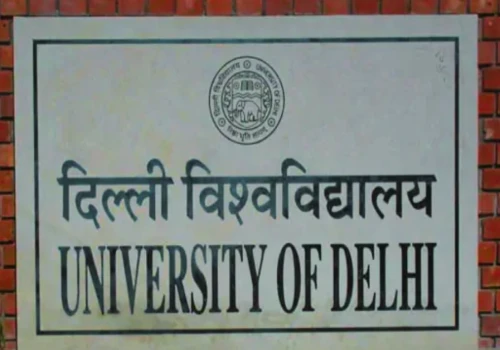
_500_x_350.webp)
